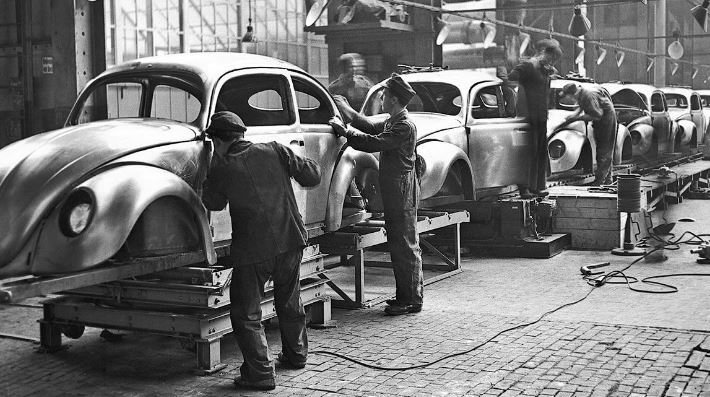Best Websites To Buy Used Car in Germany 2024
How To Finance a Car in Germany?
A car loan in Germany requires getting loans to cover the cost of the car and then repaying it in installments.
Types of car financing:
- Installment Loan: This is the classic option, where you borrow a fixed amount and repay it with monthly installments over a set period (usually 12-48 months) with interest. This makes you the car’s owner at the end of the term.
- Balloon Payment Loan: Similar to an installment loan, but with a larger final payment (balloon) due at the end. This can lower your monthly payments but requires a significant lump sum later.
- Leasing: This is not technically financing but an alternative option where you rent the car for a fixed term and monthly payments. You don’t own the car at the end, but you may have the option to purchase it for an additional fee.
Things to consider:
- Down payment: A bigger down payment reduces the loan amount and potentially lowers interest rates.
- Your credit score: A good SCHUFA score (credit rating) gets you better rates and terms.
- Additional costs: Factor in insurance, registration, and maintenance costs.
- Interest rates: Compare rates from different banks, dealerships, and manufacturers to get the best deal.
- Loan term: Longer terms mean lower monthly payments, but you’ll pay more interest overall.
Where to get financing:
- Banks: Offer competitive rates but might require stricter eligibility criteria.
- Dealerships: Often have manufacturer-backed financing options, but compare rates carefully.
- Online lenders: They can offer quick and convenient pre-approvals, but research their reputation and terms.
Resources that you might find helpful:
- KT Car Financing: https://www.kt-bank.de
- How to buy a car in Germany with InstaMotion: https://www.instamotion.com
FAQs
- Mobile.de: Germany’s largest, offering a vast selection and diverse filter options.
- Gebrauchtwagen.de: Focused on certified pre-owned vehicles from dealerships, offering warranties and peace of mind.
- eBay Kleinanzeigen: A general classifieds platform where individuals sell cars, often at negotiable prices but requiring extra caution.
- AutoScout24: Another major player with a pan-European reach and user-friendly interface.
- ADAC Gebrauchtwagenmarkt: The website of the German automobile club ADAC, known for its trusted listings and pre-purchase inspections.
- AutoBild: News platform with a used car section, good for researching models and finding specific deals.
- Motor-Talk: Forum and community, useful for reading user reviews and advice on particular cars.
- Hersteller-Websites: Official websites of car brands like VW, BMW, or Mercedes, offering certified used cars from their dealerships.
- Selection and variety: Do they have the type of car you’re looking for?
- Price range: Does it fit your budget and offer competitive deals?
- Seller type: Individuals, dealerships, or certified pre-owned options?
- Additional features: Warranty, inspection reports, financing options?
- User experience: Is the website easy to navigate and search?
- Unrealistic prices, vague descriptions, pressure to buy quickly.
- Seller unwilling to let you inspect the car or provide paperwork.
- History of accidents or damage not disclosed.
- Always trust your gut feeling if something seems suspicious.
- Registration fees, taxes, insurance, possible repairs or maintenance.
- Some websites charge listing fees or buyer protection costs.
- Factor these additional costs into your budget.
- Research the fair market value beforehand.
- Be prepared to walk away if the seller is not flexible.
- Consider offering alternative payment methods like cash or pre-approved financing.
- Negotiation tactics vary depending on the seller (individual vs. dealership).
- Seller’s registration certificate (Zulassungsbescheinigung Teil I & II).
- TÜV certificate (technical inspection report).
- Proof of insurance and ownership transfer form.
- Consult the local authorities for specific requirements.
- Highly recommended, especially for private sellers or older cars.
- An independent mechanic can identify potential issues and give you peace of mind.
- The cost of inspection is usually outweighed by avoiding future repair expenses.
